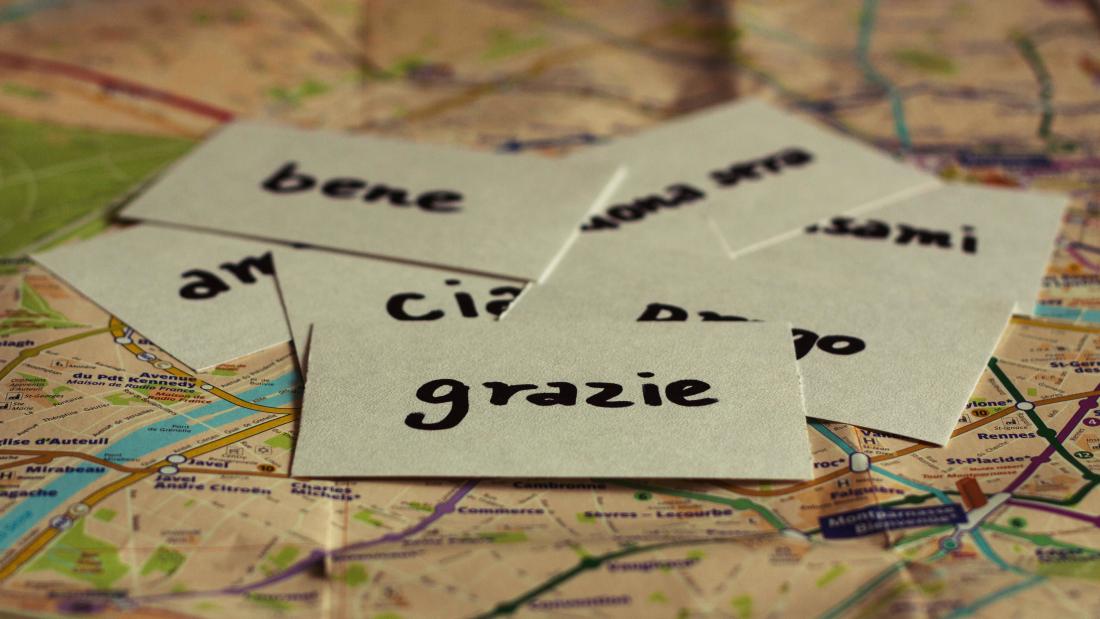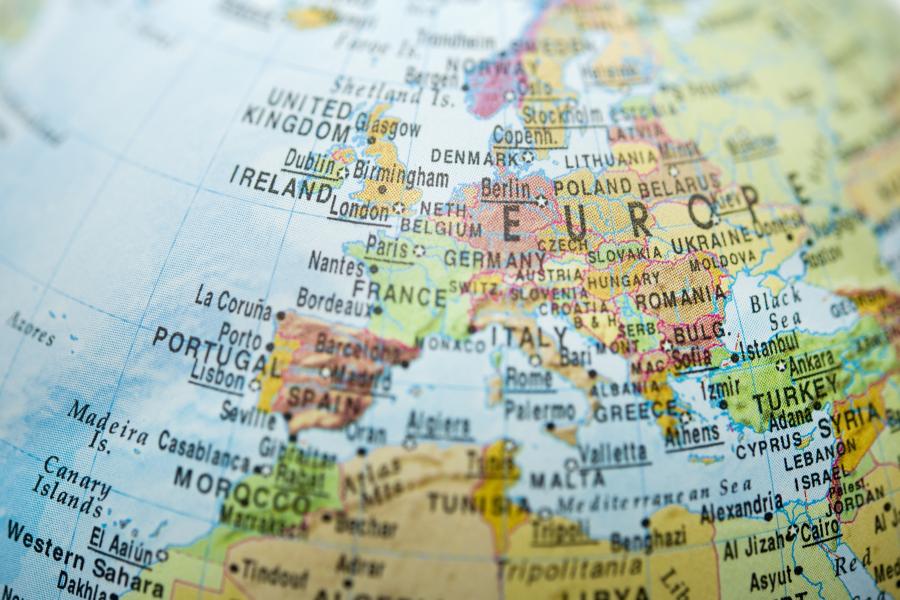Bangor University has a long and distinguished record of excellence in the teaching of Modern Languages since its founding in 1884. We began with French and German and have expanded our portfolio over the years to include Spanish, Italian, Galician and, most recently, Chinese.
Our work is based on this solid and continuous tradition, and we aim to prepare our students thoroughly for the multilingual environment of today’s world.
Be taught by internationally renowned experts
Rooted in the naturally bilingual cultural landscape of the north of Wales, the department brings together staff and students from all over the world in one supportive community. Understanding different cultures is part of our DNA and this is reflected in our range of cultural options.
Intercultural communication and understanding are more crucial than ever today. This is why language learning not only involves mastering the technical requirements of languages, but also understanding the culture of the countries and/or regions where those languages are spoken. As well as fostering your knowledge of culture in our core language modules, we also offer a wide range of cultural options covering literature, film, performance, history, politics and cultural studies. Our staff are internationally renowned experts in these fields and by bringing their research specialisms into the classroom, they ensure that students are provided with cutting-edge materials and emerge fully equipped to negotiate the contemporary demands of the modern world.
We will help you to understand the cultures of your chosen languages in their European and global context, as well as enabling you to really dig into topics which interest you. There are a variety of ways in which you can tailor your module choice to suit your own interests. As well as choosing from the broad range of cultural modules on offer, you will have the opportunity to work independently on topics which you enjoy through guided research. This might take the form of a dissertation, a language project, a press dossier or a self-study portfolio.



